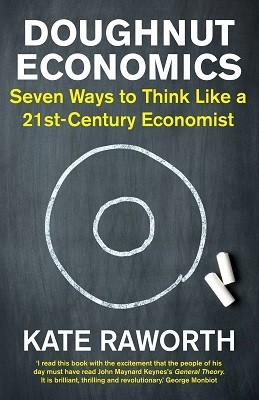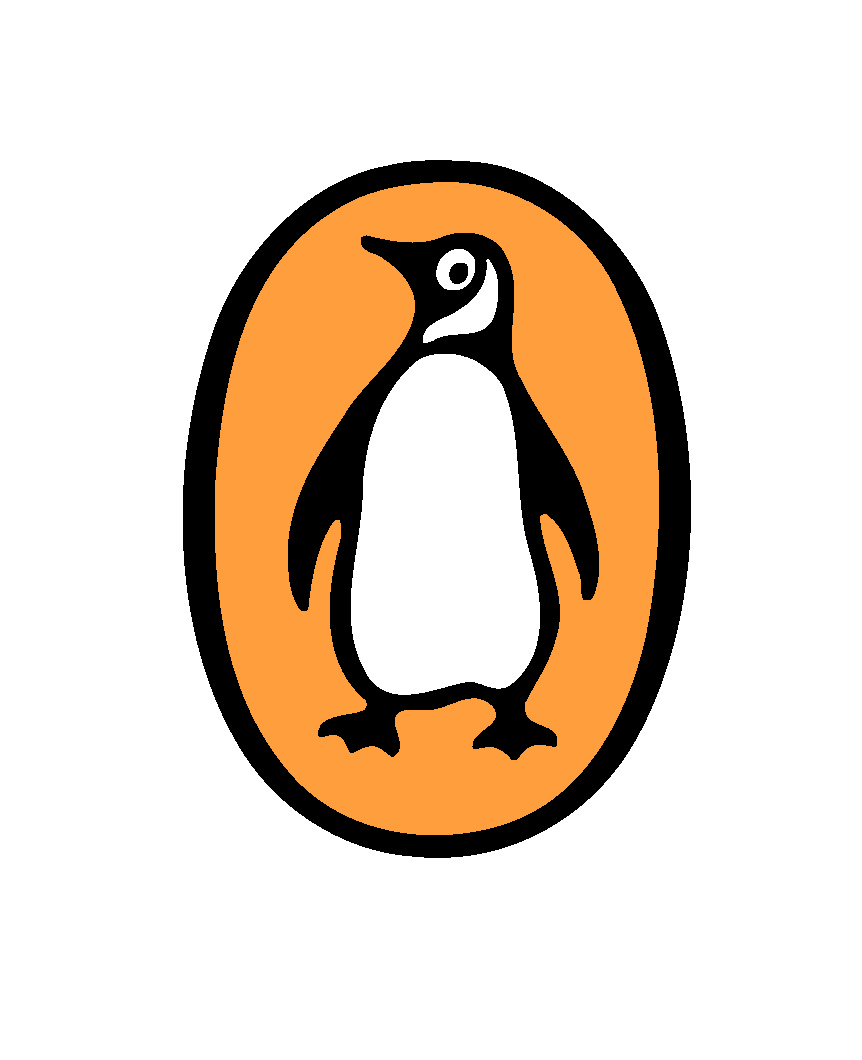Books Of Enlightenment











Besides work related books, I find myself enjoying reading more and more non fiction. In particular I’m fascinated by authors that manage to articulate nuanced issues involved in our species continual evolution.
The purpose of this post is to share books that I find life changing.
All models are wrong, but some are useful (George E.P Box)
A common theme throughout this list of books is cognitive evolution. We all have our own models of how we think that the world works. These personal models are useful for us to navigate the chaos which surrounds us. Sometimes these models can be found to be embarrassingly incorrect. I find that these books serve as useful guides.
Here is a non exhaustive list (which I hope to maintain throughout the years), followed by a brief take of each.
- Sapiens: A Brief History of Humankind / Yuval Noah Harari
- Thinking Fast and Slow / Daniel Kahneman
- The Book of Why? / Judea Pearl
- The Daily Stoic / Holiday, Hanselman - I averaged one meditation of on wisdom a day
- Why We Sleep / Matthew Walker - I adapted my sleeping habits to learnings from this book
- Behave / Robert Sopolsky
- 12 Rules For Life / Jordan Peterson
- Enlightenment Now / Steven Pinker - Talks about human progress and reasons we all should be proud of our species
- Doughnut Economy
Sapiens: A Brief History of Humankind / Yuval Noah Harari

What started as lecture material for a general history course in the Hebrew University, Yuval does an amazing job at telling the story of how we (probably) evolved from an uninteresting mediocre species to the one that dominates our planet.
This is a mind opening intellectual adventure at understanding the importance of trust in our social construct and to do things that no other species managed to accomplish as a collective. Throughout he emphasizes topic from the fact that money is just a figment of our imagination to anecdotal explanations of how the Dutch managed to out arm the Spanish through reliable finance. (And linking both issue to that of trust).
I personally read both the English and Hebrew versions. The latter, קיצור תולדות האנושות, contains some extra content that adds value for native Israelis.
Thinking Fast and Slow / Daniel Kahneman


Nobel prize laureate details some of the most interesting finding of his vast research with and without his colleague, Amos Tversky. When together, they single handedly created the field of Behavioural Economics shedding light on dark intellectual shadows of very gross assumption of human (more like fictional econ) behaviour.
Daniel discuses topics like our averse to risk being stonger than our will to take risks …
This book is not an easy read, but well worth the effort!
For more easy reading I also highly recommend Michel Lewis’ book about Daniel and Amos, The Undoing Project, in which he describes each as individuals and their intellectually fruitful, but intense and rocky relationship.
The Book Of Why / Judea Peal


Correlation is not correlation
We all know this, but, unfortunately, most analysts (including myself until 2020) limit themselves just to correlations.
Judea Pearl does an excellent job at telling the tale of the evolution of our understanding from probabilities to statistics, how causality was unfortunately given up by the most revered statisticians and that methods of causal inference have been developed for the past thirty years.
Whereas The Book Of Why is a great layman book, for the technical minded I highly suggest accompanying it with the Causal Inference In Statistics: A Primer, which is a brief step by step tutorial on causal inference.
I’m looking forward to diving deeper into this topic in 2021.
A Word About Penguin Book

They are teh best thing since slice bread. Well, perhaps after Python.
I love the story behind the creation of the publisher which dedicated itself to providing great books at an affordable price of £10. If you look back at the list above, you will notice that they have published quite a lot of them.

Why I Bothered To Create This List
This is my wishlist for systems of education to suggest to their students.
Cognitive studies show that (for the most part):
- People don’t learn deeply about most things
- People make up their minds quickly [in order to act]
- Once a person makes up their mind, they don’t easily revise
My point being is that we, as a species bound to evolutionary processes, both the biologically slow and the technological and social fast, we need to know where we come for to get a sense of where we are to steer the direction we want to go.
I’ve kind of seen the lack of curiosity first hand in highschool. When it ended most of my classmates boasted that it’s the last time they will sit behind a desk. In other words: they were just interested with starting life (nothing wrong with that) and continuing with the limited knowledge they the gained until that stage.
I’ve always been an outlier that sense. During my army service, I was an instructor, i.e, on the opposite side of the desk, but really relished the time that I was back on the student side.
Years later, when I finished my undergrad, where my now physicist classmates were, again, happy that the program was over, I was kind of sad that the bubble was bursting and to continue to scratch the surface of Quantum and Relativity I would have to do so in a more demanding environment. So a Ph.D program was the obvious nex step.
Even in amongst communities of scientists the Plank’s principle nicely paraphrased as:
Science progresses one funeral at a time
The point of this is that no matter how much one knows, there is so much more to discover. So don’t get stuck in your ways and explore how best to continue to evolve.
My Personal Trajectory
My education is in physics and I’ve conducted research in cosmology, which gave me
a bit of sense of the composition of the universe, how it functions (to a certain degree)
and Earth’s spacial and temporal relationship within it.
I started also reading layman biology and was fortunate enough to work nearly two years in a biotech lab, in which I got to learn about the proteins, our bodies’ amazing work horses.